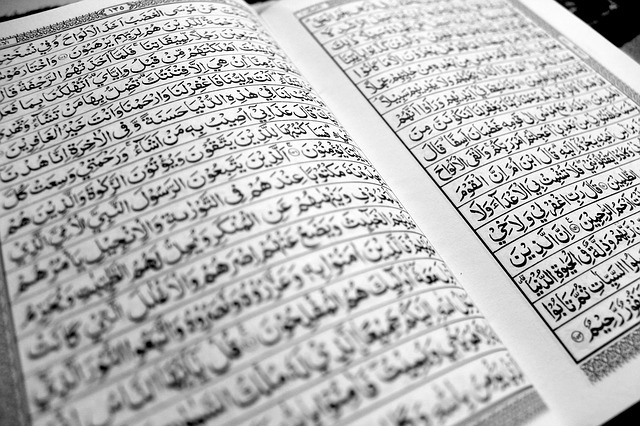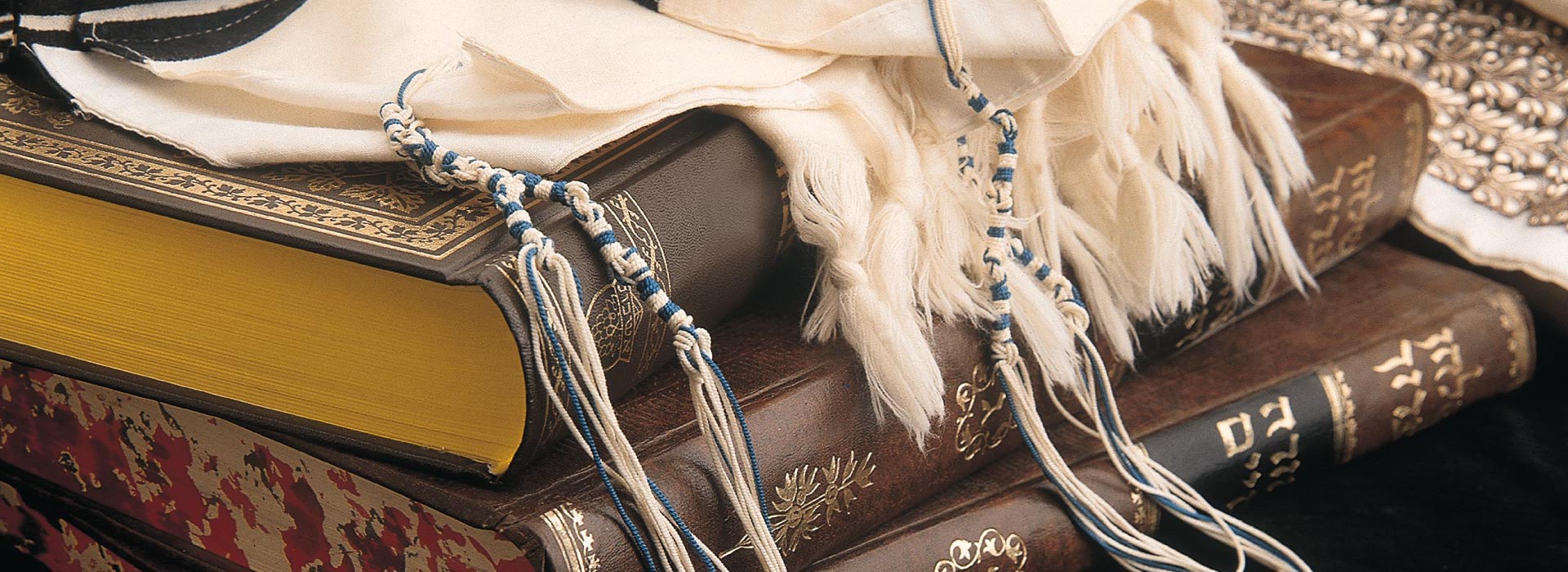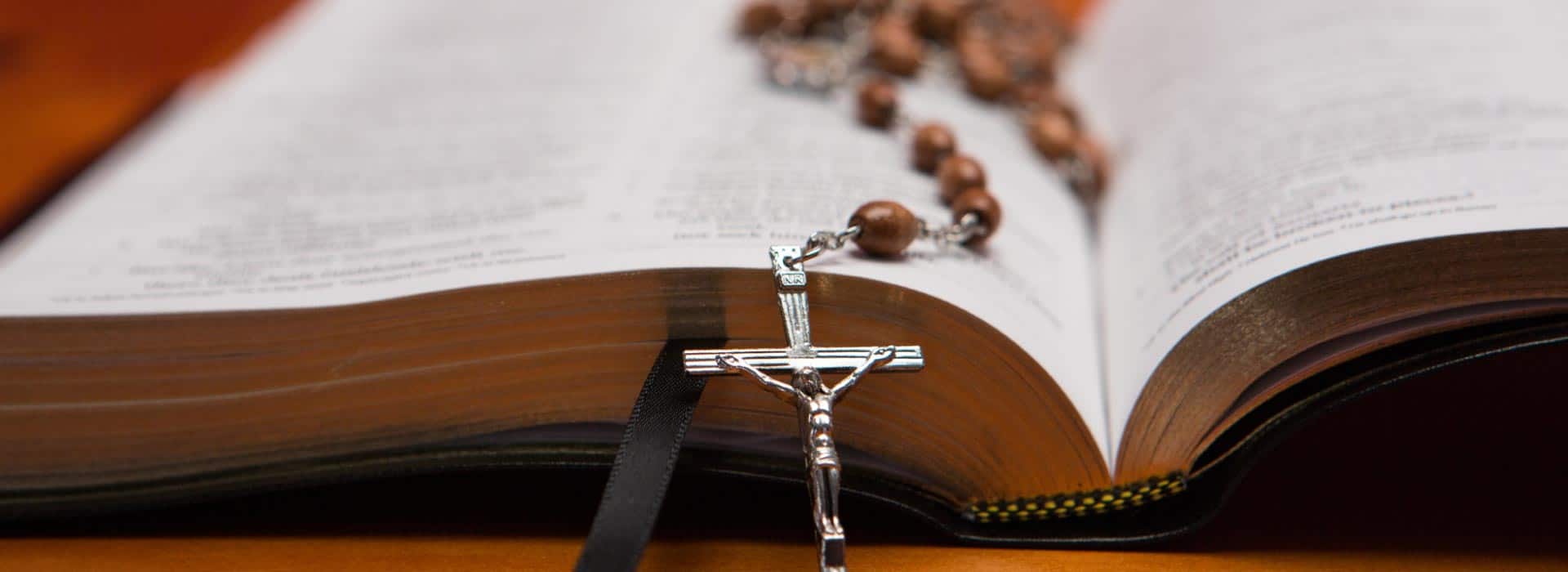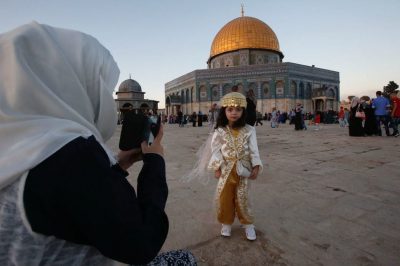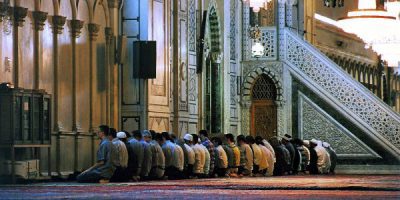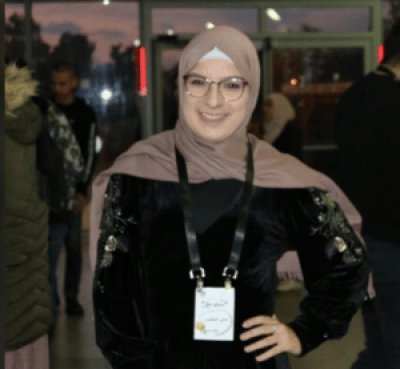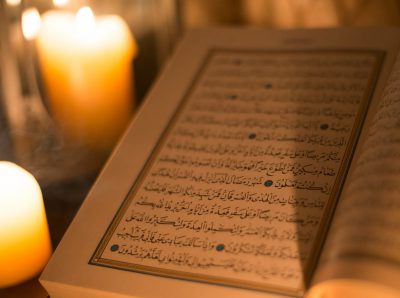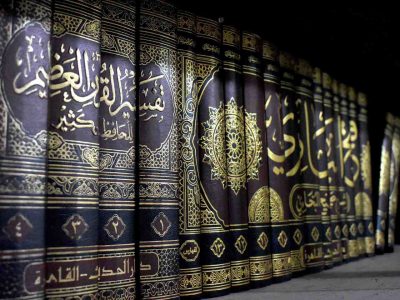The 5 Pillars of the faith are the core foundations of Muslim life, which were recorded in the hadith of Jibril (Gabriel). Muslims believe that following these pillars is essential for living their lives by the Prophet Muhammad’s example. The 5 Pillars are as follows:
The First Pillar: Shahada (Profession of the Faith)
Muslims recite two shahadas, “There is no God, but God”, and “Muhammad is the messenger of God”, both of which are usually recited in Arabic. The second shahada is also used when individuals convert to Islam, and must be recited in order for someone to become a Muslim.
The shahadas assert that Islam is a monotheistic religion, and that the Prophet Muhammad is a guide for Muslims to follow. The shahadas are fundamental to Islamic practice: they are the first words said to new-born babies, they are recited 5 times a day during prayer, and they are the last words said to someone on their deathbed.
The Second Pillar: Salah (Prayer)
The importance of prayer in Islam is demonstrated by the audible call to prayer by the chanting of a Muezzin (caller). Before Muslims pray, they perform a ceremonial act of washing themselves, known as Wudu (purification), usually focused on washing their hands, face, and feet. Muslims pray 5 times a day, at dawn (Fajr), noon (Dhuhr), afternoon (‘Asr), evening (Maghrib), and night (Isha). For Muslims who are travelling, the noon and afternoon prayers may be combined, as can the evening and night prayers. During prayer, Muslims recite verses from the Qur’an loudly or silently and they physically prostrate themselves to Allah – a form of low bowing called ‘sujud’. This must be done in the direction of the Ka’bah in Mecca, the holiest site in Islam. For Muslims unable to perform sujud due to illness or disability, they may pray whilst sitting or lying down. Muslims may perform their prayers anywhere, although a mosque is preferable.
The Third Pillar: Zakat (Charity)
Muslims believe that by giving about 2.5% of their income to charity, the rest of their wealth becomes religiously pure. Zakat is usually paid to charities which support the Islamic community (for example, building and renovating mosques) or to those who are in need or in poverty. The practice of zakat is mandatory for those who can afford to do so, and demonstrates Muslims’ acknowledgement that all things, including their wealth, belong to God.
There are 5 principles Muslims follow when giving zakat:
- They must declare to God their intention to give zakat.
- Zakat must be paid on the day it is due.
- After the offering, the payer must not spend their money more than usual.
- If someone cannot afford to pay a portion of their income, they can compensate for it through acts such as volunteering or other good deeds, and good behaviour towards others.
- Zakat should be distributed in the community from which it was taken.
The Fourth Pillar: Sawm (Fasting)
Muslims fast during the month of Ramadan, the holy month of the Islamic lunar calendar. During this time, they fast from dawn until dusk, abstaining from any food, drink, and tobacco. Fasting is believed to help Muslims empathise with the plight of the poor and reflect inwardly to connect with their faith. Ramadan ends with a three-day festival called Eid al-Fitr, on the first day of which Muslims give money to the poor. Children, the elderly, and menstruating, breastfeeding, or pregnant women are all exempt from fasting, as well as Muslims with health conditions such as diabetes.
In the Qur’an, there are three types of religious fasting (siyam): ritual fasting (during the month of Ramadan), ascetic fasting, and fasting as compensation for sinfulness.
The Fifth Pillar: Hajj (Pilgrimage)
At some point in a Muslim’s life, they are required to make a pilgrimage to Mecca during the final month of the Islamic lunar calendar, to represent their devotion to God. A pilgrimage to Mecca at any other time in the year is known as an Umrah, which is not compulsory but still highly valued. However, Muslims who cannot make a pilgrimage due to their economic status, ability or physical impairments are not required to do so.
When Muslims enter the sacred area of Mecca, they must walk around the Ka’bah seven times, in a ritual called Tawaf, and touch the Black Stone (a rock set into the Ka’bah), which is called Istilam.
After Muslims have made the pilgrimage, they are known as a hajj(a) and are honoured by the Muslim community.

